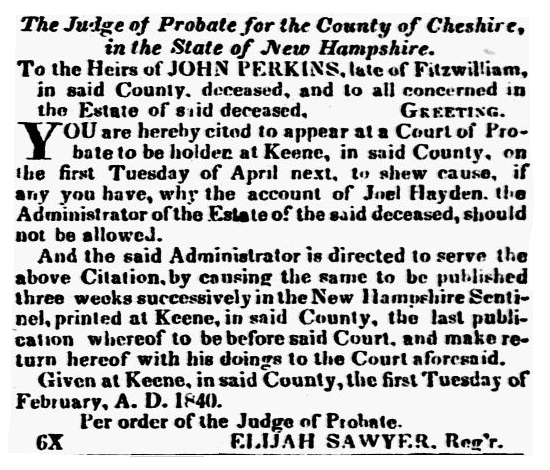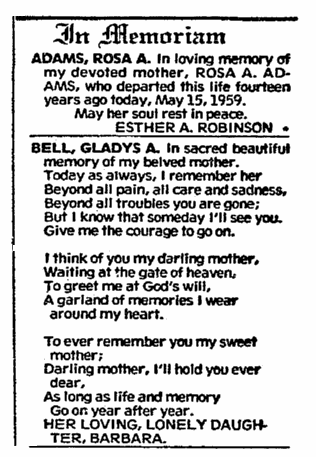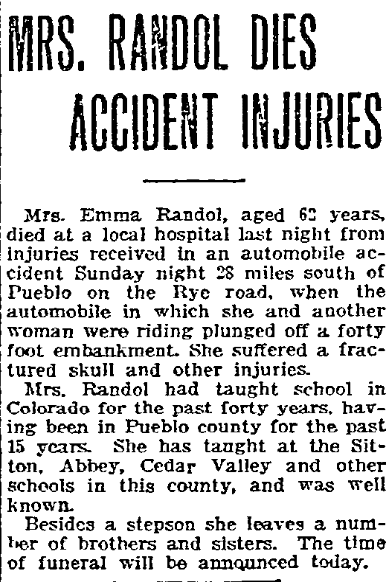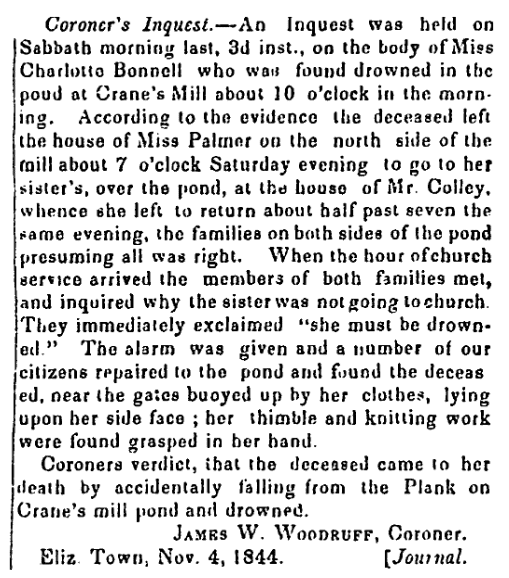Introduction: In this article – part of an ongoing “Introduction to Genealogy” series – Gena Philibert-Ortega discusses how to actually begin your family history research. Gena is a genealogist and author of the book “From the Family Kitchen.”
So far in this Introduction to Genealogy series we have gathered information and asked a family history research question (see: #1 Gather What You Know and #2 Ask the Question). Now it’s time to find the answer to that question.
Your question is going to guide you to the resources you need. So, if I want to know a death date I would look for a death certificate. Now that sounds pretty simple but remember that states started registering deaths at different times. I need to identify when the state, or even county, my ancestor lived in began registering deaths. What if I’m searching for an 1855 death and the state didn’t start death registration until 1880? Then I need to identify and seek out vital record alternatives for death information.
What other genealogy resources might document a death? A few possibilities that come to mind include pensions, gravestones, cemetery records, funeral home records, and will or pension files.
Where Do You Find Those Resources?
Once you identify records that answer your research question, start looking for the website, library or archive that has that document. A good place to begin your search is the free website FamilySearch.
Search the FamilySearch Catalog for the place your ancestor lived (county and state, for example) and look through the categories of records available. These resources may be available at the Family History Library in Salt Lake City, Utah, online in their Records Collection, or via microfilm/microfiche that can be ordered online and viewed at a local Family History Center. Don’t make the mistake of not utilizing the FamilySearch Catalog and exhausting that resource.
Additional resources to use include other free genealogy websites like USGenWeb. Also, check out the genealogy website portal Cyndi’s List for websites that have the information you need.
Remember that the search for documents you need may not be easy. Aside from the problem of destroyed records, you will come across records that are incomplete, transcribed incorrectly or simply don’t exist.
Don’t despair. Keep asking yourself what records have the information you need – and what resources might have those records. You may need help with understanding everything you should be searching for, and in that case consult the members of a local genealogy society or a good genealogy how-to book – such as Val Greenwood’s The Researcher’s Guide to American Genealogy or Marsha Hoffman Rising’s The Family Tree Problem Solver. These are two books I recommend highly and should be on every family historian’s bookshelf.
Don’t Forget Newspapers
Many of the family history questions you have can also be answered by historical newspaper articles. A comprehensive collection of online newspapers – with more than 7,000 newspapers from all 50 states, with coverage from 1690 to Today – is GenealogyBank’s Historical Newspaper Archives.
For example, when you’re thinking of a death, consider all the different types of newspaper articles that document that event. Those articles can add to the basic information you gain from a death certificate or other death records.
Not sure what types of newspaper articles document a death, aside from an obituary? Here are a few examples.
Probate Notices

Memorials

Accident Reports

Coroner’s Inquests

This list of newspaper articles documenting deaths could continue for many more pages. The point is: newspapers hold information about your ancestor’s life that can add to any government records or other documents that you will find. Make sure that you always search newspapers to help answer your genealogy questions, and move beyond names and dates to find the stories of your ancestor’s life.
Now It Is Your Turn
The best way to find your ancestor is to just start looking. Use the tips provided in this article and the first two articles in this series. Search your ancestor’s name using Google. Also, look for your ancestor in a collection of old newspapers. In addition, seek the experience of other family historians who can help you answer your most perplexing family history riddles. And once you answer your initial genealogy question, ask another and start the process all over again. Soon, you’ll have a family tree with many stories to tell.
Related Articles:

